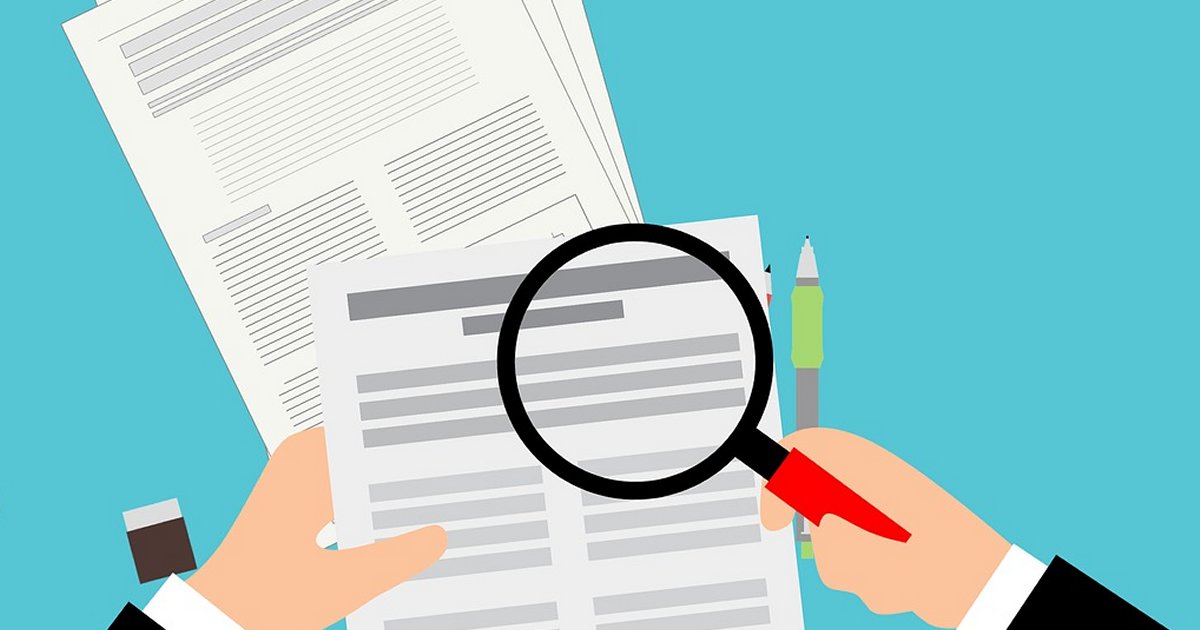
Image: mohamed_hassan
Australia’s Clean Energy Regulator says it continued to see “unacceptably high-levels of wilful and reckless non-compliance” in connection with STC creation under Australia’s Small-scale Renewable Energy Scheme (SRES) in 2018-19.
The SRES is the program that delivers Australia’s solar rebate, which is actually a subsidy that provides a point-of-sale discount on solar power systems below 100kW capacity. The subsidy is based on small-scale technology certificates (STCs) that accompany each eligible system, which have a value varying with market conditions. The number of STCs attached to a system depend on its size, where and when it was installed. STCs are created after installation by a registered agent.
Unfortunately, as with any scheme of this nature, not everyone does the right thing. Yesterday, the Regulator published some further details of outcomes of its 2018-19 compliance priorities in relation to the SRES.
During the period, it failed STCs on 7826 occasions, which the Regulator says made up approximately 2 per cent of claims made. Common reasons for failing claims include previously created and registered information, a lack of compliance paperwork and incorrect details being recorded.
During the 2018/19 period, the Regulator initiated 32 new investigations from referrals. One brief was sent to the Commonwealth Director of Public Prosecutions, two referrals were submitted to State regulators and two matters were before the courts; one of which resulted in a criminal conviction for fraud in the SRES.
The Regulator says it recovered STCs valued at over $770,000 and 6 registered agents were suspended.
Solar Panel Validation Assisting In Compliance Battle
As part of its efforts to block some forms of non-compliance from occurring in the first place, the SRES Solar Panel Validation (SPV) initiative was rolled out during the period.
SPV involves an app used to scan solar panel serial numbers just prior to installation, with the information checked against a database to ensure the numbers correspond to those verified by the Clean Energy Council.
As part of its compliance priorities for the year ahead, the Regulator announced in August increased scrutiny of claims where solar panels not covered under the SPV initiative have been installed. In September, Clean Energy Regulator Chair David Parker AM said additional scrutiny for non-SPV claims could be expected to take around 2 weeks longer. For claims involving validated solar panels, processing is occurring within 24 hours.
The SPV initiative also offers benefits to solar panel manufacturers, helping to protect their brands. At the time of writing, 22 manufacturers had signed on for the scheme – further details on SPV and a full list of participating manufacturers can be viewed here.

 RSS - Posts
RSS - Posts



Typical sign of the times:- “During the period, it failed STCs on 7826 occasions, which the Regulator says made up approximately 2 per cent of claims made. Common reasons for failing claims include previously created and registered information, a lack of compliance paperwork and incorrect details being recorded.”
Herds of newly-generated bureaucrats pronouncing ‘expert opinions’ and ever-burgeoning ‘documentation’ without doing one single scrap of actual productive (ie. wealth-producing) work.
A industry that promotes unlicensed electrical work that gives accredation to unlicensed electricians who do work over 120 volts ripple free which is illegal then invoice the public needs to have a good hard look at its self.
C.E.C.Accredation is not a electrical license.
This article gives the licensing requirements to install solar in states and territories:
https://www.solarquotes.com.au/blog/electrical-licenses-solar/